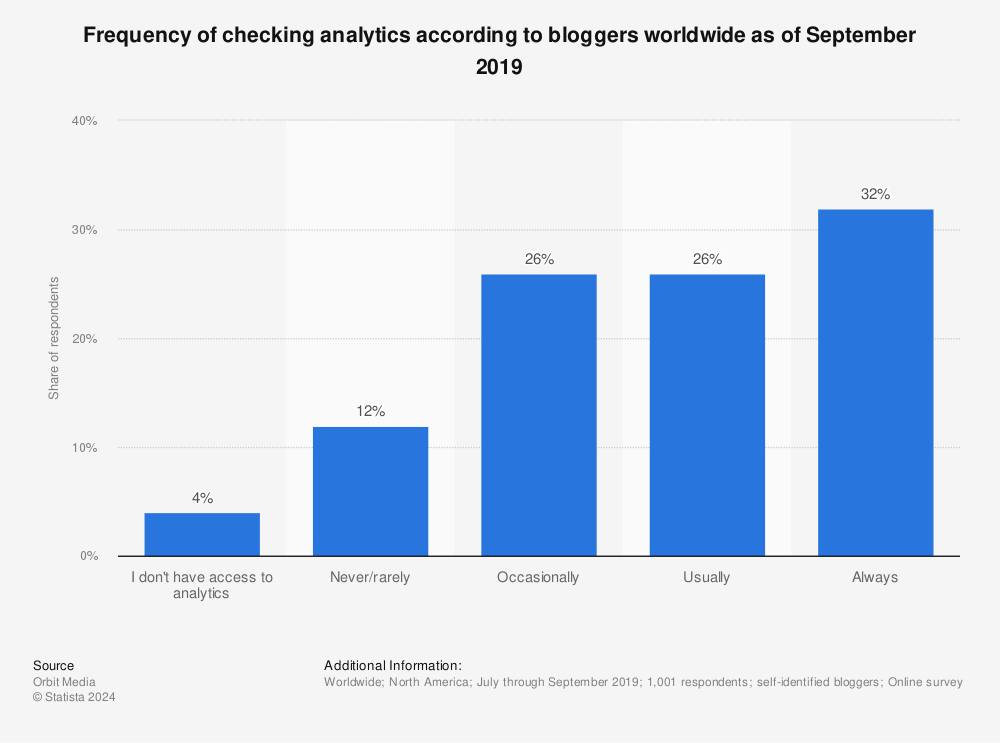Discover blog marketing and learn what this means for businesses and why you absolutely need to get involved if you want to spread the word for your brand and gain maximum footfall for your site.
Blog marketing means marketing by using a blog. That in turn is a form of content marketing. It might also incorporate guest posting.
All these are very important concepts for internet marketers and for modern marketing in general. To learn more and to discover how and why to use these forms of modern marketing for 2017, read on.
How a Blog Can Boost Your Site’s Discoverability
If you're looking for a way to give your website an SEO boost to help more customers to find your site and hopefully click adverts or pay for services and products, then a blog might be one very cost effective and easy way to do this. Blogs add a lot to a website from both an SEO point of view, and a content perspective and can have any number of positive effects on your website and your business.
First of all we should look at what a blog is precisely; essentially a blog is a series of regular 'entries'. These are small articles that revolve normally around a central topic and that can vary in length and do not necessarily have to comply by the usual conventions of pros tending to be more 'chatty' or punchy than regular text. The 'blog boom' that we saw a few years ago (coming up for a decade in fact) mostly revolved around individuals setting up their own blogs which were essentially public diary entries giving a snippet into those people's lives and daily happenings. Other blogs exist on a single subject such as 'martial arts' for example, and then post news and interesting facts as the author (or authors) discover them. Other users can then comment on the blog or share the blog with others on their 'blog roll' (there are a lot of terms relevant to the use of blogs).
Today though, the line between a blog and a website is a little more blurred – especially as most sites are built with WordPress – which is also a blogging tool and CMS (content management system). WordPress can be used to build an old fashioned ‘blog’ or a fully featured website – or both.
For a business a blog can be either of those things. For example a blog on a company website can be in the same vein as the 'diary' style entries and can this way keep followers up to date on the company news and involve them in the inner workings of the business etc. Alternatively, you can go the other route and have your blog simply talk on the subject relevant to the company. If for example you run a gardening business, then you might post on gardening tips and on industry news - for example the release of a new fertilizer.
The key distinction here is that a blog is regular and therefore it provides a reason for visitors to come back to the site for more updates and news.
This then has many benefits for the company. Most important of these however is the relationship it allows you to build with that audience: the way it allows you to circumvent the need for SEO at all because your visitors are now coming to your website in order to hear more of what you’ve got to say.
Better yet, this then allows you to build more trust and authority. Your audience has been getting tips and entertainment from you for years, so they are much more likely to be interested in now buying something from you!

Find more statistics at Statista
Blogs for SEO
Then there are the SEO (or 'Search Engine Optimization') benefits. Here you are providing your site with content that can be on any subject and that automatically has tags embedded. This means you can easily integrate keywords and key phrases for people to find through Google. Furthermore however, by its very nature a blog involves regular updates and constant content which Google responds to in a very positive way – Google wants evidence that your site is relevant and up-to-date and seeing it regularly added to is one of the best indicators of that. It even allows users to generate their own content by commenting - all searchable by Google. All this will help make your site and your blog quickly move up to the top of the search engines; and when someone types in 'weeding tips' they will be made aware of your company.
That's not all a blog does though. It gives you a 'voice' and that instantly sets you apart from others. It gives you a forum through which to promote new offers and products and it helps you show the side of your company and the industry that benefits you.
Then there is the fact that having a blog will allow you to work more easily with other brands and websites – and particular when it comes to trading links and articles through the act of ‘guest posting’ (sharing a free article for a blog in exchange for a link back to your website).
This makes a blog an invaluable SEO tool, and a marketing tool in every other sense too.
Content Marketing
Blogging is one example of content marketing, but it is far from the whole story. Content marketing represents a shift in attitude for internet marketing that places high quality content front and center.
